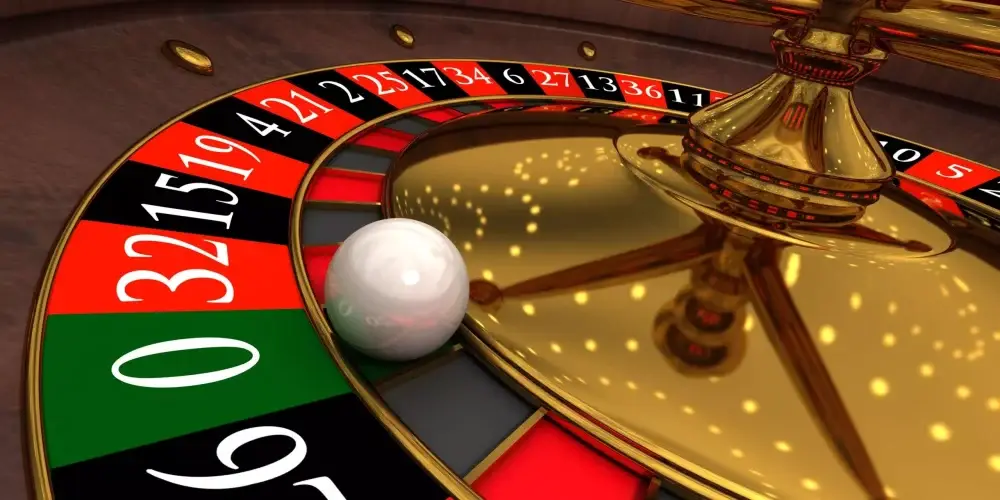The online gambling industry has evolved from a niche hobby into an economic giant with a turnover of over $90 billion per year. Against this backdrop, demand for transparency has increased. Players demand not only entertainment but also confidence that every bet is made fairly. This is where provable fairness in gambling plays a key role — a technology that has turned trust into a measurable category.
What Is Provably Fair Gambling?
Provably fair gambling is a system that allows verifying every game outcome without external interference. The principle is based on cryptographic algorithms applied in real-time.
The mechanism operates through generating the outcome hash before the game starts. Then the server reveals a secret that allows the player to independently verify whether the final result matches what was recorded before the bet. It establishes a two-way control — the user receives a verification tool, and the operator proves fair play.
How Provably Fair Gambling Works: Breakdown by Details
The system uses symmetric and asymmetric encryption. Before the round starts, the server generates the outcome, encrypts it, and passes it to the user as a hash. After completion, it reveals the outcome.
The block includes three components:
- Server seed — encrypted value from the casino.
- Client seed — player’s value.
- Nonce — unique session or bet number.
Based on these, the game result is formed — for example, a card, a number in roulette, or a slot outcome. The hashing system eliminates the possibility of substitution or prediction. Verification is done through an online algorithm or the built-in Provably Fair interface in the casino.
Cryptographic Technology in Casinos
Casinos implement SHA-256 and other hash functions used in banking and governmental systems. Reliability exceeds 99.999%. Any attempt to alter the result leads to hash desynchronization — the algorithm instantly detects the discrepancy.
Such technologies ensure not just security but a mathematical impossibility of manipulation. The foundation is not a human but the code — and it is the guarantor of fairness.
Provably Fair in Casinos: Who Applies It in Practice
Gaming platforms like Stake, BC.Game, Roobet have integrated provable fairness in gambling at the core level. Slots, roulette, crash games use the same algorithm: first hash, then result.
The trust rating of such operators grows faster than traditional brands. Users control the outcome through built-in verification. Reason: 72% of players trust platforms with a verification feature more than licenses without a transparent algorithm.
Checking the Fairness of Online Casinos: Steps and Nuances
Verification requires minimal technical knowledge but provides maximum control over each outcome. Players have the opportunity to personally compare the result with the data recorded before the game.
To check the result, the player uses:
- Initial seed provided by the casino.
- Their personal seed.
- Publicly displayed nonce.
Through the built-in module, API, or independent script, a hash calculation is performed. The obtained value is compared with the open result. Matching confirms fairness. The algorithm excludes the possibility of interference. Even the casino cannot alter the outcome without violating the hash structure.
Algorithms, Hash, and RNG: The Foundation of Randomness
Random number generators (RNGs) have given way to cryptographically secure solutions. An example is algorithms based on SHA-512 and HMAC. They eliminate predictability and create one hundred percent randomness based on user and server influence.
The algorithm creates each bet from scratch, without templates. Hashing makes each result unique and independent. The combination of these steps ensures transparency of each bet not at the promise level but through a provable result.
Smart Contract as an Arbiter of Fairness
In blockchain ecosystems, provable fairness is further strengthened through smart contracts — programmable protocols that automatically execute conditions.
The contract receives input data (seed, bets), processes them according to the specified logic, and instantly records the result in a distributed ledger. This eliminates interference from both the casino and the player.
The smart contract does not allow changes during the process, does not require manual approval, and operates in full autonomy mode. In case of conditions mismatch — the transaction is canceled. Platforms based on Ethereum, Solana, Polygon implement this approach.
How Casinos Prove Their Fairness
Programmers from third-party laboratories — for example, iTech Labs or GLI — test algorithms, encryption, seed structure, and outcome calculation methodology. After successful verification, the casino receives a certificate — confirmation of an independent audit.
The typical procedure includes:
- analysis of the source code (the code should be partially or fully open);
- verification of cryptographic algorithms;
- simulation of millions of bets;
- assessment of predictability level;
- stress testing the protection of seeds from interference.
As a result, the laboratory publishes a report, and the operator receives a verified status. This strengthens trust and reduces reputational risks.
How Casinos Implement Provably Fairness
For the player, access to the mechanism is as important as the mechanism itself. Casinos implement a separate section with verification tools for Provably Fair. The interface allows inserting one’s seed, nonce, result and instantly receiving verification.
In some solutions — for example, in Crash or Dice games — the verification button is integrated directly into the bet history. Support provides instructions, hash deciphering, and direct links to independent verification.
Developers integrate a user-friendly module, streamline steps, add visualization — thus, this system in the gaming industry becomes part of the user experience, not a hidden mechanism.
Technologies Against Fraud: Encryption, Security, Protection
Cryptographic methods in gambling have reached a level comparable to defense and banking systems. Algorithms apply encryption at the level of TLS 1.3, SHA-3, ECC.
Implementation includes:
- protection of seed transmission between client and server;
- prohibition on server generating outcomes after bets;
- digital signature for each gaming session;
- isolation of user data in encrypted form;
- multi-layer protection of hashes from hacking.
All this transforms verified transparency of the gaming process from an abstract idea into a technological standard of the modern gaming industry. Platforms demonstrate openness and build reputation through technologies, not promises.
Casino Guarantees of Fairness for Players
Fair play no longer requires blind trust — now it can be verified. Modern verification technologies give players full control over the results and transparency at every stage.
Players receive:
- independent verification of each outcome;
- access to hashes and seeds;
- control over RNG;
- audit capability at any time;
- confidence in the exclusion of interference.
Such a system transforms the game from blind hope into a clear process with algorithmic logic. Each outcome is verified, each result is recorded, each code is protected.
Provably Fair Gambling: Conclusions
Provably fair gambling is not a trendy term but a fundamental shift in the gambling industry. Cryptographic algorithms, open-source code, smart contracts, and independent audits turn the platform into a space of transparent and secure interaction between the casino and the player. This approach eliminates doubts, increases loyalty, and makes fairness not a promise but a verifiable standard. Today, this system is not just an advantage but a necessary condition for trust and growth.
 en
en  de
de  ar
ar  es
es  hi
hi  fr
fr  nl
nl  it
it  pt
pt  el
el 









